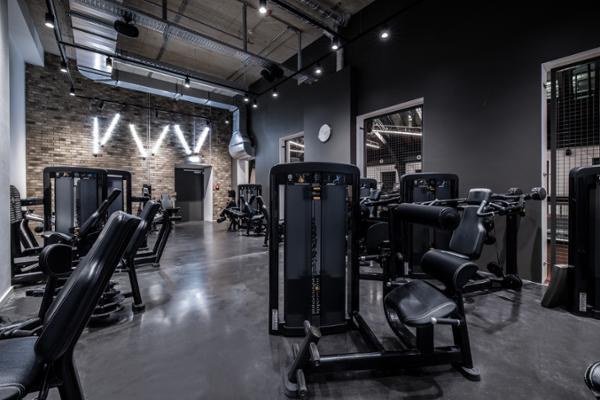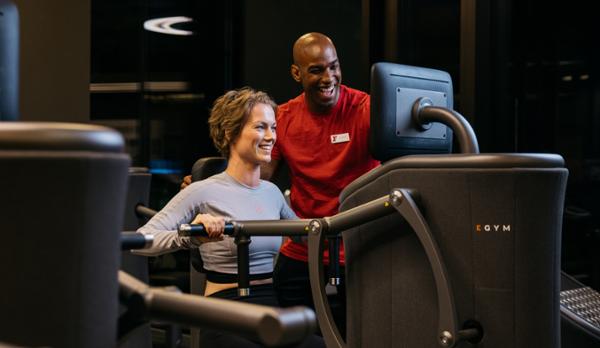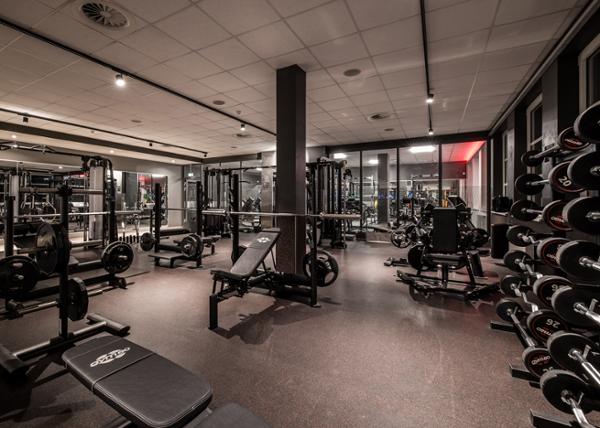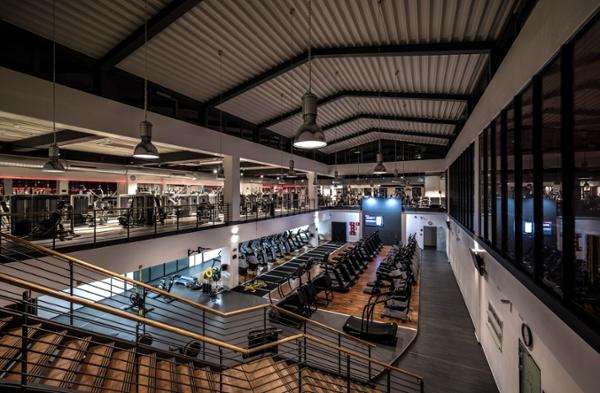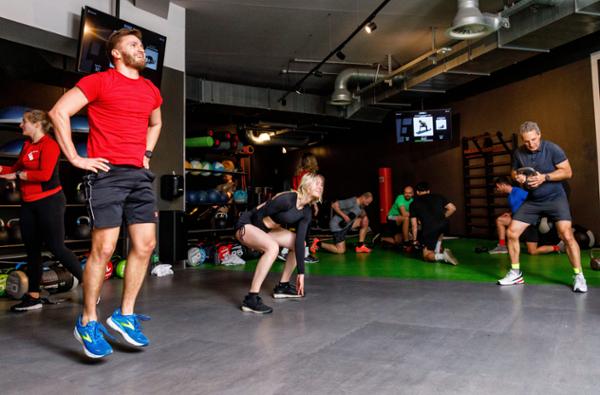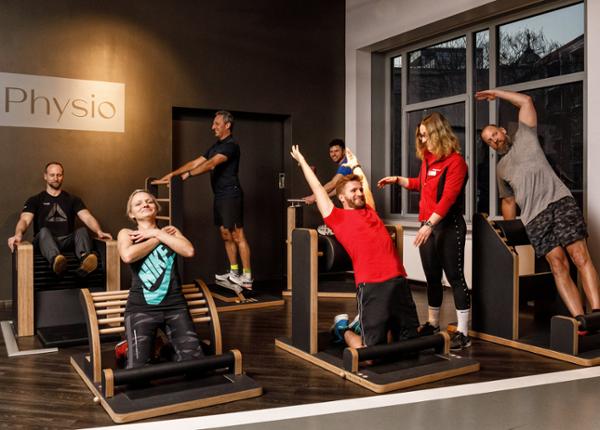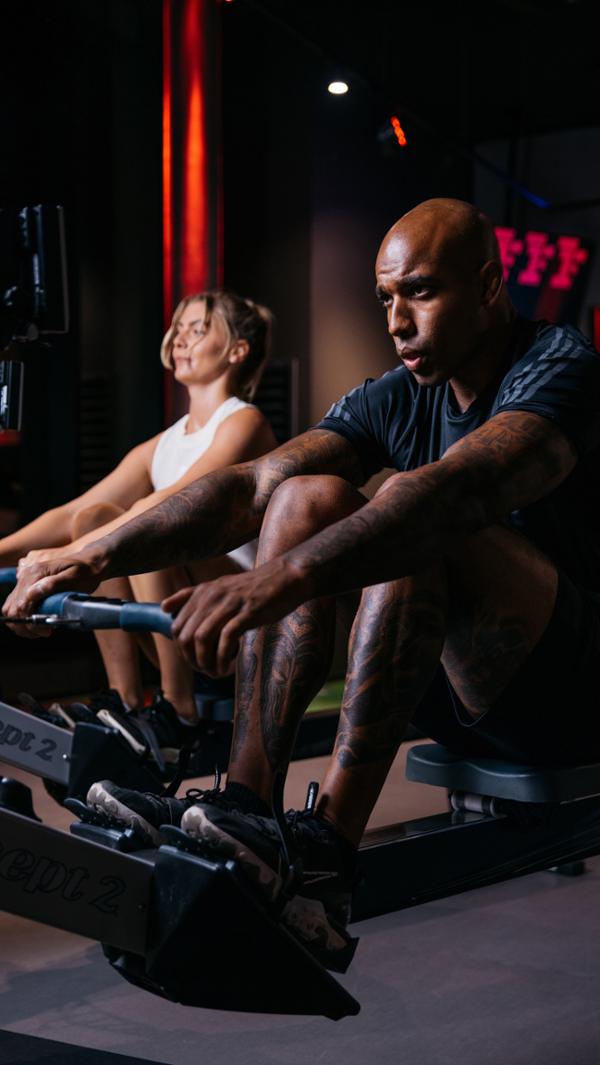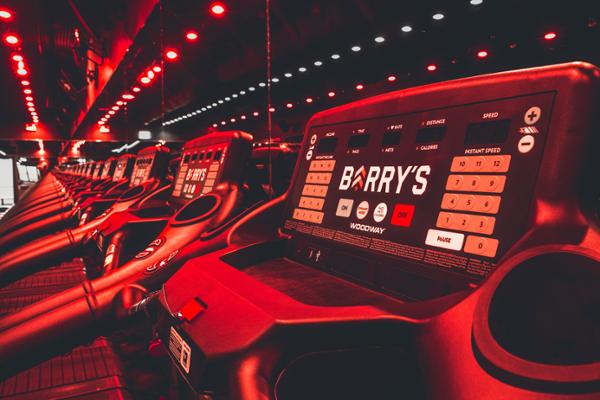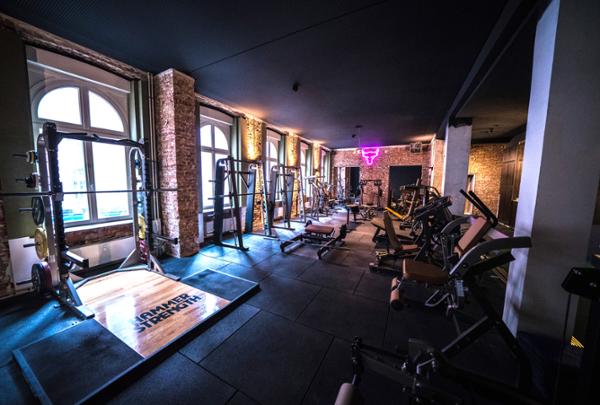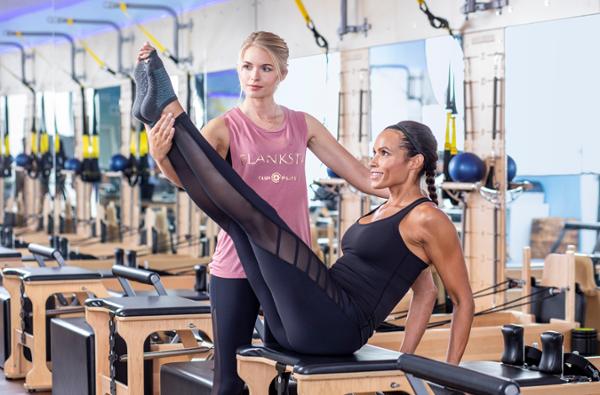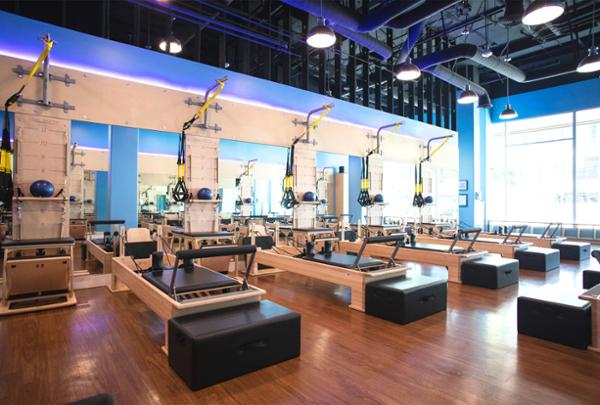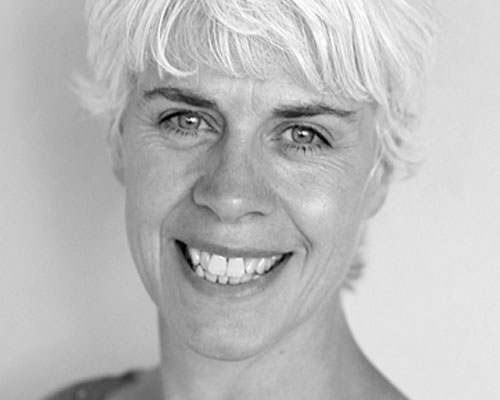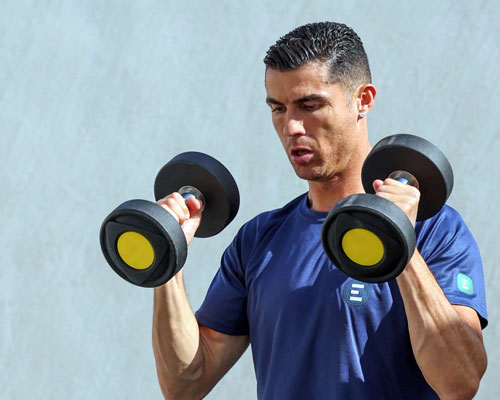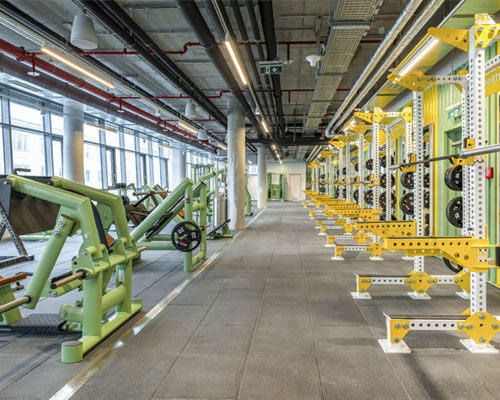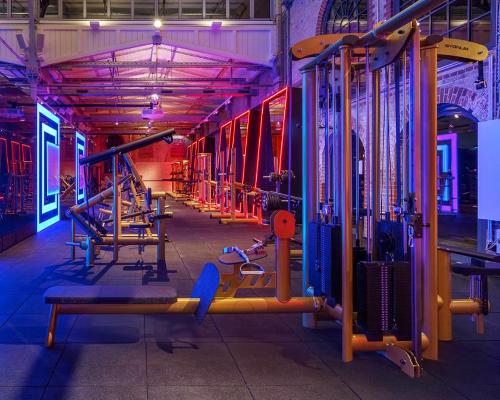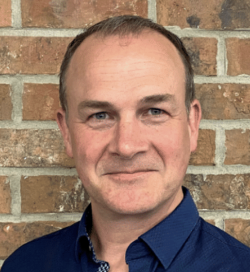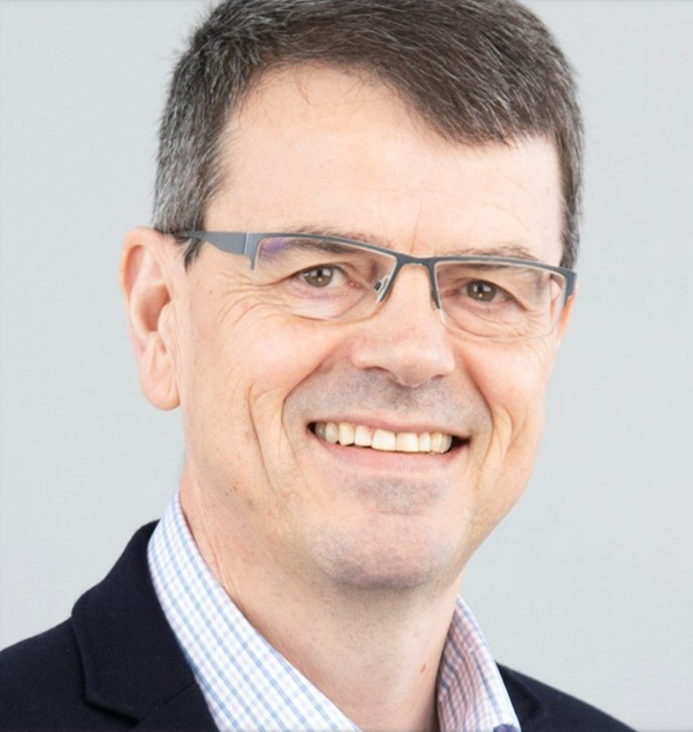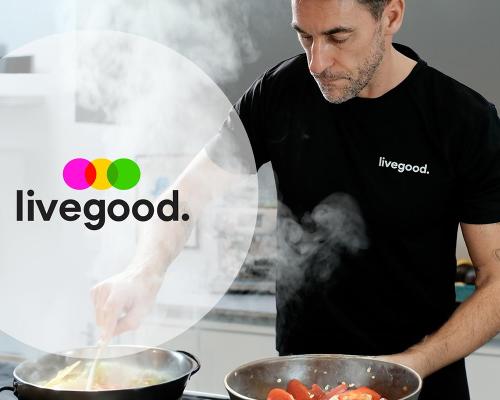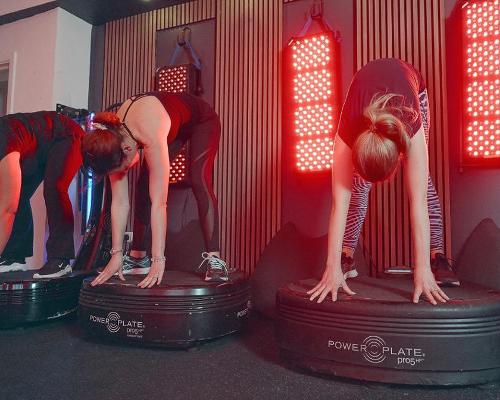features
Interview: Martin Seibold & Johannes Massen
LifeFit Group is on a mission to ‘own’ cities across Germany through clusters of complementary, best-in-segment clubs. Kate Cracknell
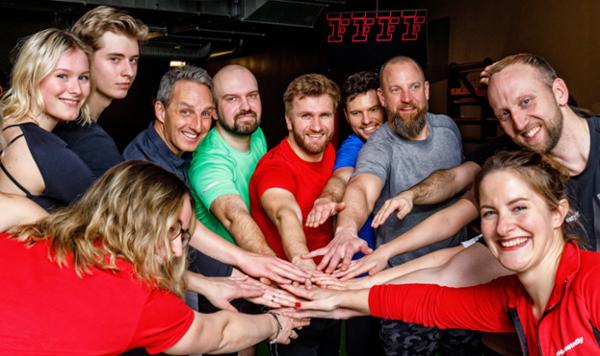
In 2019, Martin Seibold, then CEO of Fitness First Germany, took the bold step of making the company the founding brand of a larger entity: the LifeFit Group (LFG).
From the outset and with strong support from private equity owner Oaktree Capital Management, LFG’s stated goal has been to establish a presence in each of Germany’s booming fitness segments, with best-in-class brands in key local clusters.
The vision now, says Seibold, is for the group to not just have a presence, but to own the strongest, most well-known brand in each segment. Here, Seibold and Johannes Massen, MD of Fitness First Germany, share the latest news from the business.
What fitness segments are doing well?
MS: We’ve spent €250k on research to analyse what’s happening in the market, and one interesting finding is the emergence of a new segment that sits between low-cost, no-frills clubs (€10–20 a month) and the fast-disappearing mid-market (€40–60 a month).
This segment is defined as FSBP – full-service, best price – with a price tag of €30–40 month and an offering that might include things such as group exercise and sauna.
In Germany, this segment has been created and mastered by CleverFit, a franchise with 600+ locations. And the segment is growing fast – faster than the low-cost sector. Low-cost is growing and still opening the most locations, but it’s now so big that the percentage growth isn’t as dramatic as before.
The premium market has also done extremely well, especially in more suburban locations: it’s dropped fewer members and recovered faster. And boutiques, although still a young market in Germany with lots of land-grabbing going on, are bouncing back well internationally in terms of visit numbers.
There’s another really fast-growing segment in Germany that hasn’t been properly defined yet: 200sq m clubs with no staff, no showers, one toilet and a small mixed changing room. There are a number of companies building these at the moment and they’re flying. It’s the fastest-growing segment of all.
Meanwhile the mid-market continues to shrink as sites close, move upmarket or shift into the new FSBP segment; they can’t go low-cost because their rent is too expensive, with leases signed on the basis of charging members €50–60 a month.
Which segments does LFG operate in?
MS: We have no low-cost or mid-market clubs. In the FSBP segment we currently have Fitness First Red, Smile X, FitnessLoft and the majority of our InShape clubs. Our premium brands are Fitness First Black, Elbgym and two InShape clubs.
In boutique, we have Barry’s and the German master franchise rights for the Xponential Fitness brands – we’ll open our first Club Pilates in April.
Of course, when we acquired Smile X in July 2019, we hadn’t heard of the term ‘FSBP’. We just knew, with our focus on service, that low-cost wasn’t our style. At that point, we referred to Smile X as ‘high value, low price’ and wanted to explore and understand the model.
It’s a very good one. The original Smile X clubs, as well as five Fitness First clubs we converted to Smile X at the end of 2019, only lost 18 per cent of their members during the pandemic. Mid-market brands typically lost around 30 per cent. Smile X also rebounded quicker, getting back to pre-pandemic membership numbers by December 2022.
But what was really interesting was that the five former Fitness First clubs rebounded even faster than the original Smile X clubs. It made us realise how strong the Fitness First brand heritage is in these cities. Over time, we’re therefore considering rebranding all our Smile X clubs to Fitness First Red, as we believe this will maximise the clubs’ membership and success.
Tell us more about Fitness First Black and Red.
JM: Fitness First previously had five membership tiers, with some clubs a bit stuck in the middle. Now it’s a far more straightforward segmentation: we have 28 premium Fitness First Black clubs and 24 Fitness First Red clubs – our FSBP model.
Recent investment has focused on Red clubs, because premium clubs have already been doing well: our Black clubs enjoy strong EBITDA.
We’ve reshaped our gym floor product across both Black and Red, though, creating three zones – Performance, Physio and Select – alongside our cardio and pin-loaded strength equipment.
Performance is about free weight training and plate-loaded machines, with a large space and broad range of equipment. This zone is particularly important in our Red clubs, as it’s how members of these clubs want to train: lots of squat racks, heavier free weights and so on. Physio is about movement and mobility and is a collaboration with Five. And Select is where you’ll find our EGym equipment, as well as other more specialist, premium pieces of equipment.
The difference between Black and Red is the type and amount of equipment available, as well as some design elements. Staffing levels are even higher and more visible in our Black clubs and they have more extensive wellness facilities: saunas and steam baths, plus a pool at 23 of the 28 clubs.
As a result, we’ve been able to increase membership prices in our Black clubs by 15–20 per cent. A basic membership at Fitness First Red costs €7.90 a week on a 24-month contract, which gives you access to cardio and some weights. Choose an all-in Red membership for €9.90 a week and you also have access to the new zones, group exercise and wellness. Black membership costs €16.90 a week on a 24-month contract.
Why are you so confident in the brand?
MS: Fitness First Germany is very different from Fitness First in other markets, and we have evidence to show why this is the brand we should prioritise moving forward.
Let’s first look at Google ratings. In 2022, Fitness First had over 17,000 individual Google ratings; seven clubs now have over 1,000 ratings. There’s no other business in Germany – in any sector – that has more, because nobody else has 50+ sites. It means there’s literally no-one who got more evaluated by consumers than Fitness First and at this volume you simply can’t stage things by asking the right members to rate you. These are real reviews and our average score was 4.8; Johannes is pushing to get it even higher.
The second is NPS, and with an average score of 45 across 200,000 surveys in 2022, Fitness First’s is the best of any gym chain in Germany.
Incidentally, around 20 per cent of our survey responses include comments from our members and every single one receives a personal response from our team – not a bot, but a human response – telling them what we’re doing about it, if they’ve raised any kind of issue.
We also ask three ‘yes/no’ questions in these surveys: When you entered the club, did we proactively say hello to you? When you trained in the club, did you have an interaction with one of our staff? When you left the club, did we speak to you?
It might sound trivial, but these are the biggest motivators for our members and in 2022 we scored 70+ per cent, around 50 per cent and low-60s per cent respectively. When we started measuring it, the scores were half that. It’s working because it’s based in culture rather than pressuring staff. And it’s working because we hire the right people in the first place.
I used to think you could train someone to interact with people, but you can’t. If you want clubs that are energetic and friendly, you have to hire on principles such as the Sunday Tea Index – are these people you’d invite to your home for Sunday tea? – and then you have to put the systems, processes, culture and support in place that allow each team member to become their best self.
Tell us about your recent acquisitions.
MS: Before the pandemic, we had 80 clubs. We now have 120 and we achieved this in just two transactions by acquiring regional chains: FitnessLoft with 27 clubs and InShape with 13.
FitnessLoft couldn’t be a better fit for us: almost no overlap of club catchments and a large number of geographical gaps filled, with a model that’s very similar to Fitness First Red.
For example, we have five Fitness Firsts in Cologne, but there’s one area where we could never find a location and that’s where FitnessLoft has a club. In Dresden, FitnessLoft has a club connected to a hotel in an area where we could never find a site. And we now have a strong presence in Hamburg as well as the corridor between Hamburg and Frankfurt, where we’re up from five clubs to 27. The aim is to rebrand all FitnessLoft clubs to Fitness First Red.
Meanwhile, the acquisition of InShape is a strong way to enter the affluent Stuttgart market, but its 13 clubs span such a broad range of models that no-one else in the industry besides LFG could have bought it. It’s like LFG in miniature: it has two premium sites that we’re considering rebranding to Fitness First Black, nine FSBP clubs that could become Fitness First Red and two no-staff gyms in the segment that’s yet to be fully defined, which we’ll probably call Fitness First Red Express.
The current plan is to rebrand FitnessLoft and InShape by the end of 2023 – it’s strategically important that we focus on these first – with the potential to also rebrand Smile X to Fitness First Red in 2024. Smile X is a geographical outlier – there’s no cross-network with the rest of our clubs – whereas FitnessLoft and InShape fill the gaps in terms of where people travel and commute. They’re important to our network and we want them to be under the right brands as quickly as possible.
What’s your acquisition strategy?
MS: Times have been challenging across the industry and we haven’t been immune to this: LFG has only been EBITDA positive since October last year. We’re now accelerating fast and expect to hit pre-COVID membership levels across the board by June 2023, but Oaktree has certainly had to step in and provide significant financial support over the last few years.
Some companies have got into trouble and we’re seeing acquisitions that are taking advantage of this, buying businesses out of liquidation – businesses their owners spent decades building up – for a fraction of what they were worth before the pandemic.
Forget offering them a 5x multiple. They’re being acquired for less than they would usually have made in a year.
We don’t like these transactions. We don’t want to exploit the situation: we prefer to be the good guys.
So our approach is this: rather than acquiring individual sites out of liquidation, we identify larger groups of clubs that are already doing well and that are best-fit for our group, both strategically and culturally. We then offer them extremely fair valuations based on their 2019 numbers and the founders stay on-board with us for two years. Provided they get back to their pre-pandemic performance within those two years, that 2019 valuation is what we pay them. They can then achieve sale prices for their businesses as if COVID never happened.
It was the same principle with our pre-pandemic acquisitions: we offered valuations based on their projections and if they achieved them within the next two years, that’s what we paid them.
This approach is good for the businesses we acquire, but it’s also good for us. When you make an acquisition you can get a lot wrong, so we always want two years with the founders staying on to run their businesses. It gives us a chance to learn from each other.
JM: Because when we buy other companies, we really do listen to them. We don’t assume we know best. It’s one of the reasons why Fitness First Red has become so successful: because we took lots of learnings from the very successful Smile X – its staffing model, pricing, build efficiencies and so on – and combined them with the Fitness First DNA to create what I believe is one of the best products in the fitness market right now.
What does the future look like?
MS: I’d like to see Fitness First established as the strongest brand in Germany within five years, reaching 200+ sites. We’ll have clusters of Red and Black clubs complemented by Elbgym’s HIIT concept and our boutique brands.
We’ve already shown how this can work in Hamburg, where we own the market: four Red clubs, four Black, five Elbgyms and two more Fitness First Red to come. And when you own a market, you also get the best staff, the best instructors, the best PTs, the best collaborations within the city, partnerships with the best football teams… That’s where we want to be in multiple cities across Germany and we’re actively looking for M&A opportunities.
In the boutique sector, we’re committed to Barry’s: we only have two locations at the moment, but it’s because we believe it works best in prime locations that combine business and high-income residential, rather than pure high street locations and these ‘hybrid’ locations are hard to find.
I believe we’ll get to 10 corporately-owned Barry’s studios, each delivering over €1m EBITDA.
We’re also excited about the Xponential brands: you just need to look at how well its stock is trading, outperforming every single gym chain, to see the potential. As its German launch partner, we’ll ultimately aim to have one corporate site for each brand, then grow through franchising. In five years’ time, we might have 150 Club Pilates studios in Germany, starting with our corporate studio this April, and 50–100 Yoga Six studios.
But this is something for the new owner, because there isn’t a franchise specialist within the current ownership, so we’re just dipping our toe in the water for now. Under new ownership, we might also one day expand into the real premium club market. And I want to be the first German fitness company to launch on the stock market.
So you’re still planning to sell?
MS: Oaktree has been on board for 10 years now, originally investing in Fitness First and now LFG. It has supported us extremely well during the hard times of the pandemic and has injected over €50m since 2017 to create LFG, upgrade and segment our offering and make acquisitions.
We’re seeing the benefit of that support, but it’s natural that after 10 years and as a private equity company, the time is approaching for Oaktree to move on, so we’re gearing up for a sale and we’re looking within Germany specifically.
I have no intention of exiting the business at that point, though: I intend to fully support further growth, with a dream of floating the business in my working lifetime. Everybody should have their dream. That’s mine.
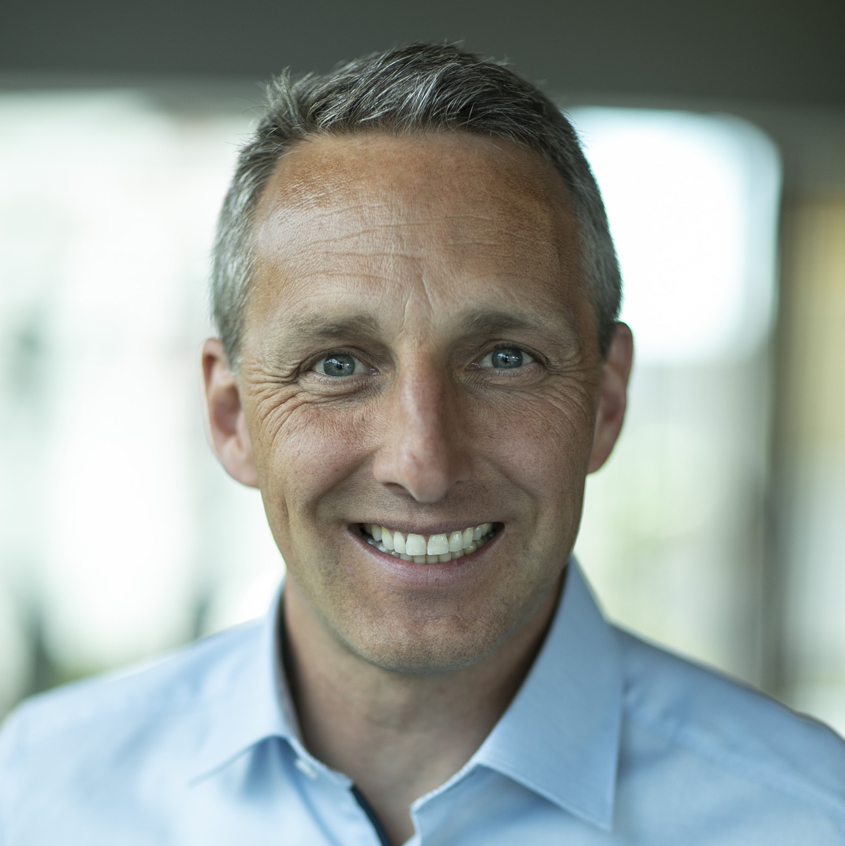
"We’re gearing up for sale, but I have no intention of exiting. Everybody should have their dream. Floating on the German Stock Exchange is mine" – Martin Seibold
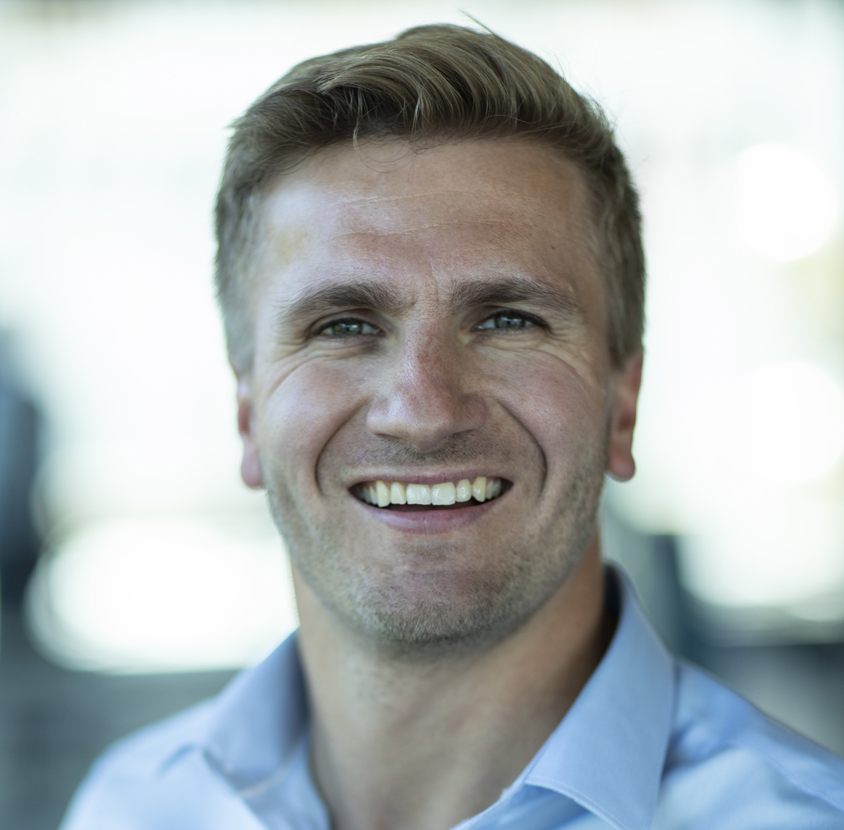
"Our restructure started with creating multifunctional teams. Now, instead of someone only selling memberships, or only doing customer service, every employee is responsible for at least giving the customer a good answer to any question they might ask" – Johannes Massen
Fitness First Red 24 clubs
Smile X 19 clubs + 3 franchise
FitnessLoft 27 clubs + 1 franchise
InShape 11 clubs
Fitness First Black 28 clubs
Elbgym 7 clubs
InShape 2 clubs
Barry’s 2 studios
Club Pilates 1 studio (opens April)
Other Xponential brands – to come
"After lockdown, we realised we had an opportunity to write a new story,” says Johannes Massen, MD of Fitness First Germany.
“In many ways the story began when Martin Seibold came on-board as CEO and started turning the business around by investing in our people, culture and attitudes.
“Managers began to be empowered to make the right decisions for their clubs, rather than everything being centralised and this brought sparkle and fire to the company. In turn, we had a better product and a better culture, so we could raise prices. Revenues bounced back and we enjoyed higher yields. And then COVID hit.
“We knew it would take a long time for revenues to recover, and even longer to make up revenues lost in lockdown, so we knew we’d have to restructure. At the same time, we didn’t want to give up on our mission to motivate members.
“Our restructure started with creating multifunctional teams. Now, instead of someone only selling memberships, or only doing customer service, every employee is responsible for at least giving the customer a good answer to any question they might ask. We also created a Fitness First DNA document so every staff member is clear on our purpose, values and priorities.
“We mapped out the Fitness First customer journey, identifying ways to motivate customers at every point. If our mission is to motivate members, staff must have the freedom and time to focus on this. We had to remove everything that was getting in the way.
“So now there’s no administration, no outbound calls, no sales calls, no inbound calls. We have a call centre to manage all that. There’s no active selling in the clubs either: we’ve invested heavily – an additional €1.5m+ a year – in online marketing, SEO and our Fitness First magazine, generating organic web traffic growth of 80 per cent on the previous year. Now 75 per cent of our new members join online; before COVID, that figure was only 15 per cent.
“We got rid of office spaces so our team members are more visible and we invested heavily in digitalisation, partnering with EGym for our member and trainer apps. Our trainers are sent tasks to help them interact with and support each member’s needs. Everything that we do is focused on motivating the members.”

